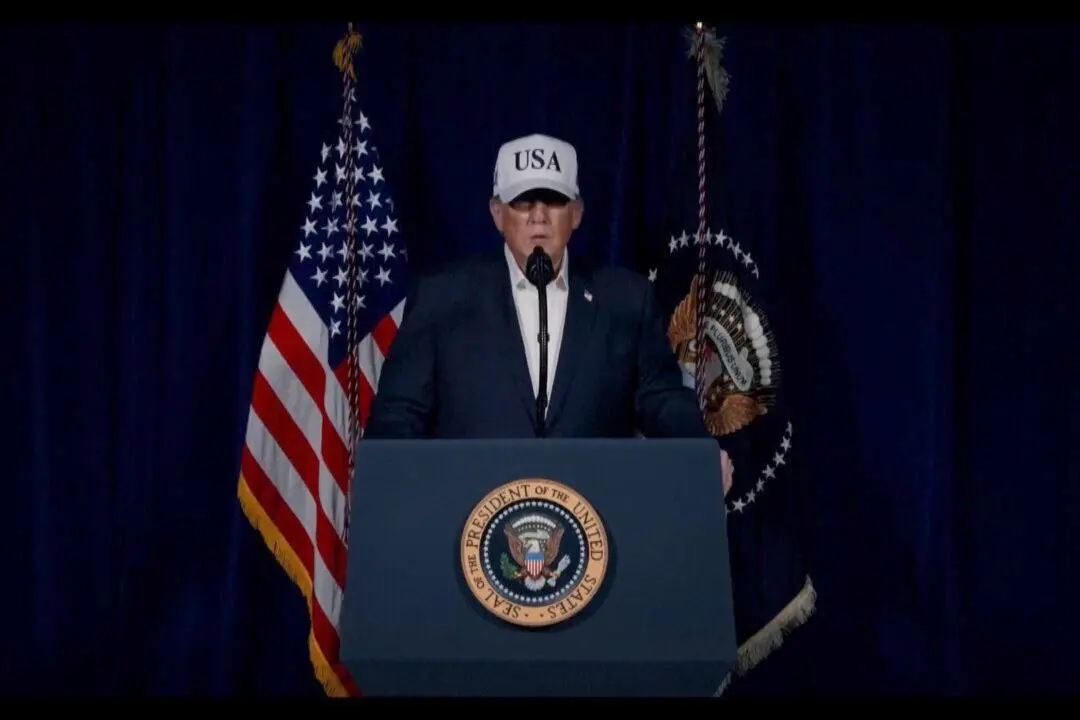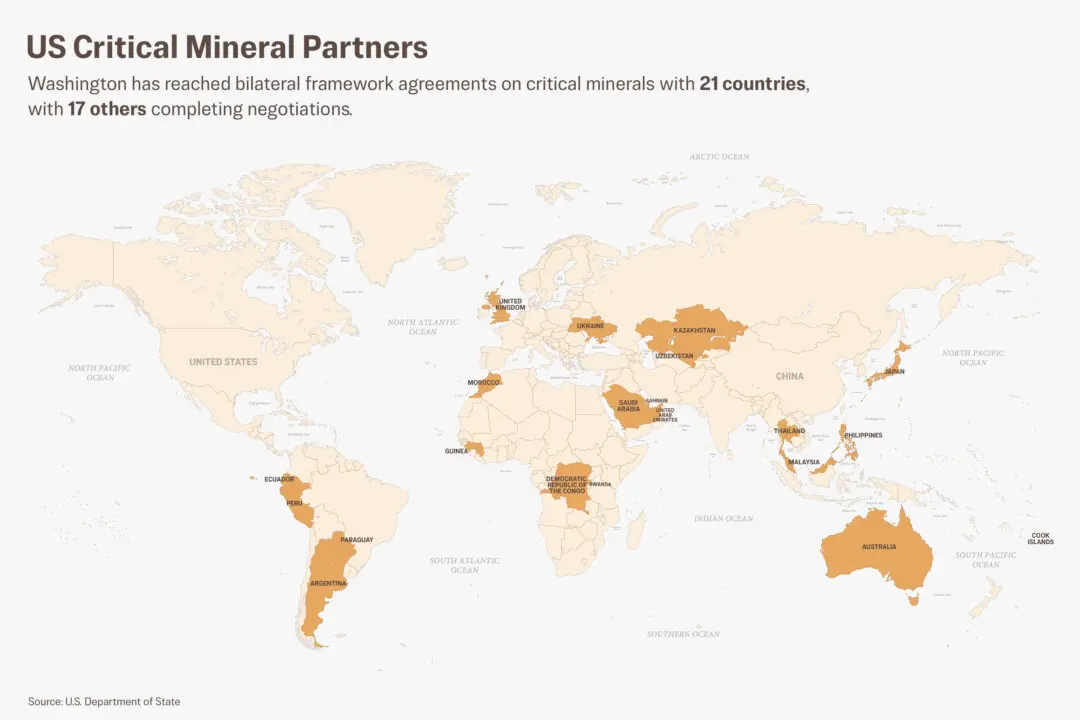Sen. Tom Cotton (R-Ark.) has urged Washington to strategically decouple from China to counter the Chinese Communist Party’s (CCP) “vast points of pressure and influence” in the U.S. political system.
“Unfortunately, China and its growing economy have spread its tentacles throughout American society, to the extent that they have a vast and influential lobby in the corridors of power in Washington,” Cotton said on Feb. 16.




